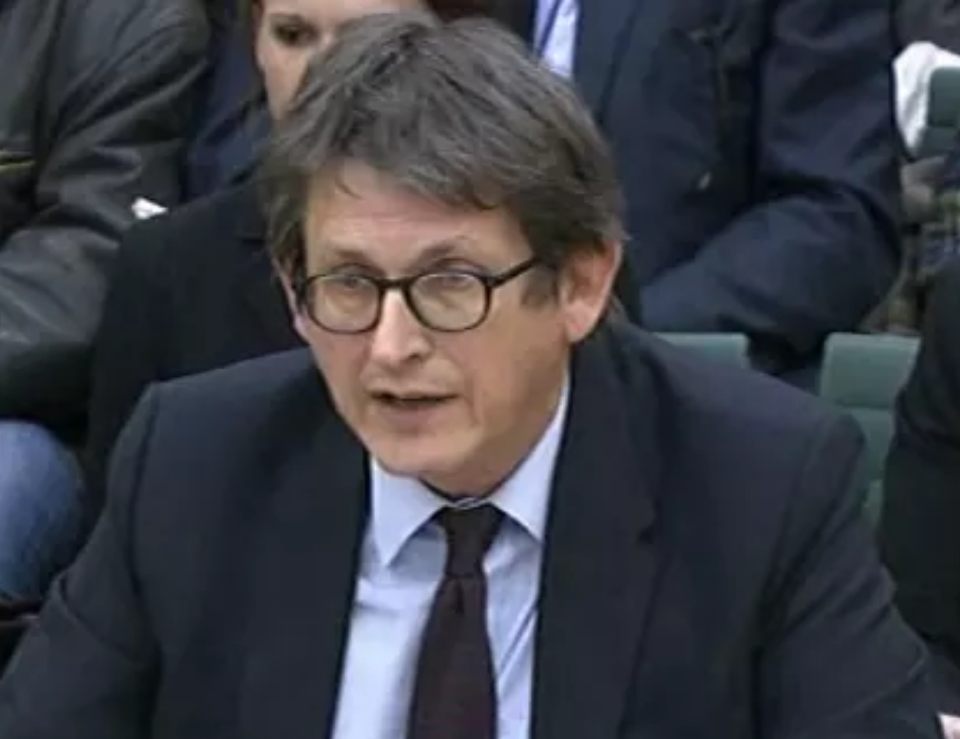
Alan Rusbridger: who broke the news?
The former editor-in-chief of the Guardian looks back on two decades that changed journalism for ever.
By Alan Rusbridger
By early 2017 the world had woken up to a problem that, with a mixture of impotence, incomprehension and dread, journalists had seen coming for some time. News, the thing that helped people understand their world, that oiled the wheels of society, that pollinated communities, that kept the powerful honest – news was broken.
The problem had many different names and diagnoses. Some thought we were drowning in too much news; others feared we were in danger of becoming newsless. Some believed we had too much free news; others, that paid-for news was leaving behind it a long caravan of ignorance.
On this most people could agree: we were now up to our necks in a seething, ever churning ocean of information, some of it true, much of it wrong. There was too much false news, not enough reliable news. There might soon be entire communities without news, or without news they could trust.
How did we get here? And how could we get back to where we once belonged?
For 20 years I edited a newspaper in the throes of this tumultuous revolution. The paper I took over in 1995 was composed of words printed on newsprint involving technologies that had changed little since Victorian times. It was, in many ways, a vertically arranged world. We – the organs of information – owned printing presses and, with them, the exclusive power to hand down the news we had gathered. The readers handed up the money – and so did advertisers, who had few other ways of reaching our audience. But today advertisers can often reach consumers much more effectively through other channels. People are much more reluctant to part with money for news. And, however you measure it, there is widespread scepticism, confusion and mistrust about mainstream journalism.
A few years after I became editor of the Guardian, I was invited to give an after-dinner speech at the Thirty Club – a private gathering of big commercial cheeses in the advertising and media worlds. It was March 2003 – three years before the launch of Twitter and the creation of the Facebook “news feed”, before the collapse of the economic model that had underpinned journalism for a century.
The subject of my speech was trust – and the truly abysmal ratings newspapers had in that department. Depending on the poll and the year, we were lucky if 13%-18% of the population trusted newspapers.
As I stood up to speak, I was very conscious of the contingent from News International across the table. Les Hinton, the amiable if faintly menacing executive chairman of Rupert Murdoch’s newspaper group, was sitting right opposite me, flanked by Rebekah Brooks, editor of the Sun, and Andy Coulson, editor of the News of the World. I tried to avoid catching my colleagues’ eyes as I noted that the tabloids sold most, but were trusted least.
I likened British journalists to fans of Millwall football club, who famously chant “No one likes us, we don’t care”. I knew what Coulson and Brooks were thinking: we’re in for a pious sermon from someone who can barely make a profit and whose sales are embarrassingly small. I could hear the ritual jibe from Piers Morgan, then editor of the Mirror, every time he saw me: “I sell more copies in Cornwall than you do in the entire country.”
I waffled on more about trust; how we’d lost it; how to earn it back; why it would matter so much more in the digital world. It was, even if true, worthy stuff. Afterwards, the three Murdoch colleagues were very friendly. They suggested we go on to a club; we ended up drinking in Soho House till the early hours. The champagne’s on them. The speech is not mentioned. The evening is fun. Brooks and Coulson are good company. Hinton is full of seen-it-all bonhomie. Deep down, we’re all hacks together.
Cut to 11 years later: Coulson was in jail, Hinton had resigned and Brooks had suffered the ordeal of a nerve-shredding trial at the Old Bailey – all because of reporting in the Guardian. That night in Soho House now feels like a lost world of Fleet Street innocence. A funny word – “innocence” – to use about Fleet Street. But we were certainly all innocent of what was to come – in virtually every way possible.
Story first appeared in the Guardian on 31st Aug 2018
STORY BY

Mumbai Press Club
Editor
Article posted on 17/09/2018
- Share This Story On:




